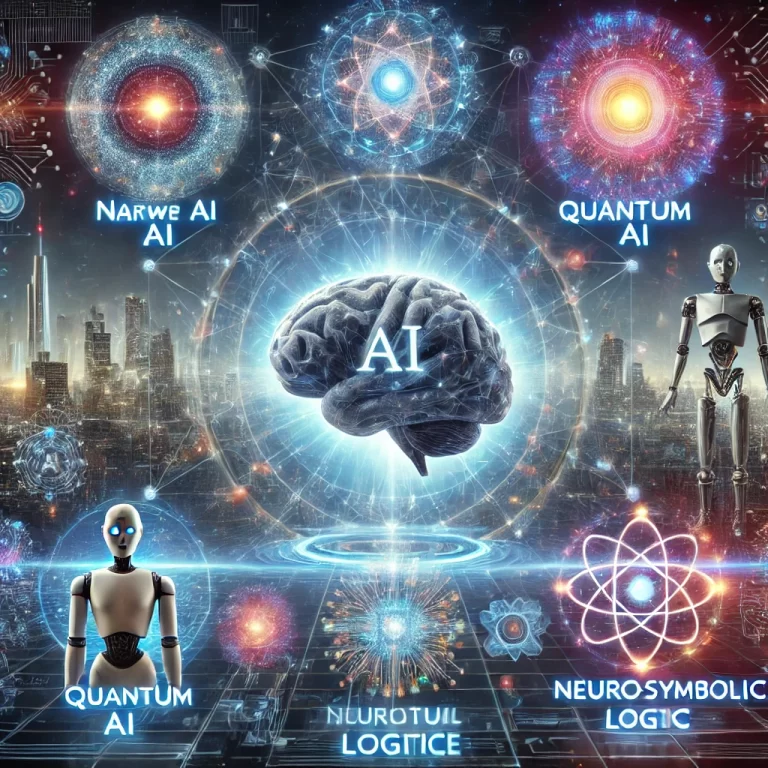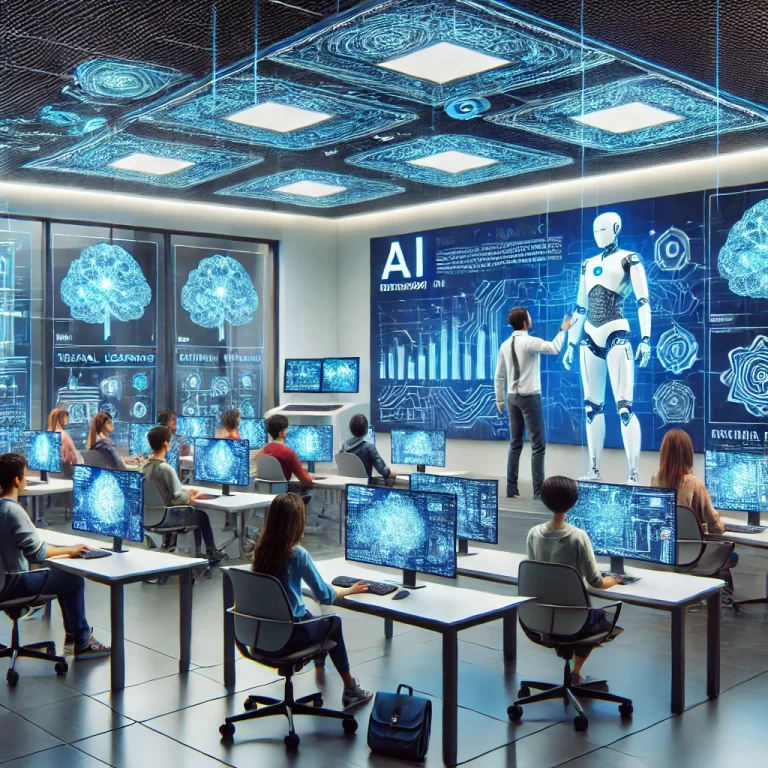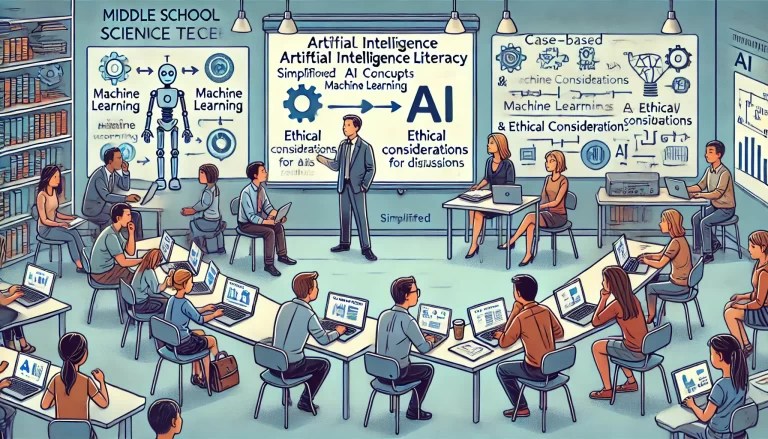
The Dawn of a New Era in Cancer Treatment: mRNA Vaccines and AI Integration
December 23, 2024Cancer—a word that often evokes fear—is now facing a revolutionary adversary in the form of mRNA vaccines. Originally hailed for their success in combating COVID-19, these cutting-edge vaccines are now making waves in the fight against cancer. And with the integration of Artificial Intelligence (AI), the potential for personalized, highly effective treatments has never been greater.
Let’s explore how mRNA vaccines, combined with AI, are transforming cancer therapy and why this innovation is a game-changer.
What Are mRNA Cancer Vaccines?
At their core, mRNA cancer vaccines use the body’s immune system to identify and destroy cancer cells. Unlike traditional vaccines that prevent infections, cancer vaccines are therapeutic—they are designed to treat an existing disease by priming the immune system to recognize tumor-specific antigens.
The science is fascinating:
- mRNA Basics: Messenger RNA (mRNA) serves as the blueprint for proteins. In cancer vaccines, mRNA carries instructions for tumor-associated antigens, prompting the immune system to attack cancer cells.
- Personalization: These vaccines can be tailored to an individual’s unique tumor profile, making them highly specific and effective.
How Do They Work?
Here’s a simplified breakdown:
- Design: Scientists identify antigens—proteins that are specific to cancer cells.
- mRNA Delivery: The mRNA coding for these antigens is encapsulated in a delivery system, often lipid nanoparticles, and injected into the body.
- Immune Activation: Cells take up the mRNA, produce the cancer-specific proteins, and display them on their surface.
- Immune Response: The immune system recognizes these proteins as threats, launching a targeted attack on cancer cells.
Why Are They Revolutionary?
mRNA vaccines stand out because of their flexibility and efficiency:
- Rapid Development: mRNA vaccines can be developed quickly, allowing for faster responses to evolving diseases or unique tumor profiles.
- Safety: Unlike DNA-based therapies, mRNA vaccines do not integrate into the genome, reducing the risk of long-term side effects.
- Potent Immune Response: They activate both arms of the immune system—humoral (antibody-mediated) and cellular (T-cell-mediated)—making them particularly powerful.
The Role of AI in mRNA Vaccine Development
Artificial Intelligence is rapidly becoming a cornerstone in the development of mRNA vaccines. By leveraging AI, researchers can overcome many of the challenges traditionally associated with vaccine design.
How AI Enhances mRNA Vaccines:
- Sequence Optimization: AI algorithms design mRNA sequences that enhance protein expression and stability, leading to more effective vaccines.
- Predicting Stability: Machine learning models predict the chemical stability of mRNA sequences, reducing the need for extensive laboratory testing.
- Accelerated Development: AI streamlines the vaccine development process, enabling rapid responses to emerging health threats.
Russia’s AI-Powered mRNA Cancer Vaccine
In December 2024, Russia announced the development of a personalized mRNA cancer vaccine powered by AI, with plans to make it available free of charge starting in early 2025.
Key Features of the Russian Initiative:
- AI-Driven Personalization: The integration of AI allows for the personalization of vaccine creation within an hour, significantly accelerating the traditionally lengthy process.
- Focus on Accessibility: Russia aims to make the vaccine widely available to its citizens at no cost.
While the announcement is promising, the scientific community emphasizes the need for rigorous clinical trials to validate the safety and efficacy of AI-designed mRNA vaccines. This initiative underscores the potential of AI to revolutionize cancer treatment through rapid, precise, and personalized solutions.
Real-World Success: Melanoma
One of the most promising applications of mRNA vaccines is in melanoma, a highly aggressive form of skin cancer. Clinical trials have shown that these vaccines, especially when combined with immune checkpoint inhibitors (drugs that unleash T-cells), can significantly boost immune responses and improve survival rates.
For example, in one groundbreaking study, a combination of mRNA vaccines and PD-1 inhibitors demonstrated strong anti-tumor effects, even in patients resistant to standard treatments.
The Power of Synergy: Combining Therapies
One of the most exciting advancements is combining mRNA vaccines with other cancer therapies:
- Immune Checkpoint Inhibitors: These drugs remove the “brakes” from the immune system, enhancing the effectiveness of mRNA vaccines.
- Cytokine Therapy: Modulating the tumor microenvironment with mRNA encoding cytokines (immune-signaling molecules) can amplify the immune response.
Together, these strategies form a potent cocktail against cancer, attacking tumors from multiple angles.
Challenges on the Horizon
Despite their promise, mRNA vaccines face some hurdles:
- Stability: mRNA is fragile and can degrade quickly without proper delivery systems.
- Delivery: Ensuring mRNA reaches the right cells efficiently remains a challenge.
- Cost and Accessibility: As with any cutting-edge therapy, affordability and scalability need attention to ensure global accessibility.
A Future Beyond Melanoma
While melanoma has been the primary focus, mRNA vaccines have the potential to target other cancers like lung, breast, and colorectal cancers. Russia’s recent announcement exemplifies the global enthusiasm surrounding this technology, but it also underscores the importance of scientific rigor in turning hope into reality.
The Road Ahead
The journey of mRNA vaccines from the laboratory to clinical success is a testament to the power of innovation in medicine. By combining AI with mRNA technology, we stand at the brink of a revolution in personalized cancer care.
Imagine a world where cancer therapies are as personalized as your fingerprints—where your immune system becomes your greatest ally against the disease. That world is closer than ever, thanks to mRNA vaccines and the transformative power of AI.
Stay tuned as science continues to rewrite the future of cancer care. The best is yet to come.























